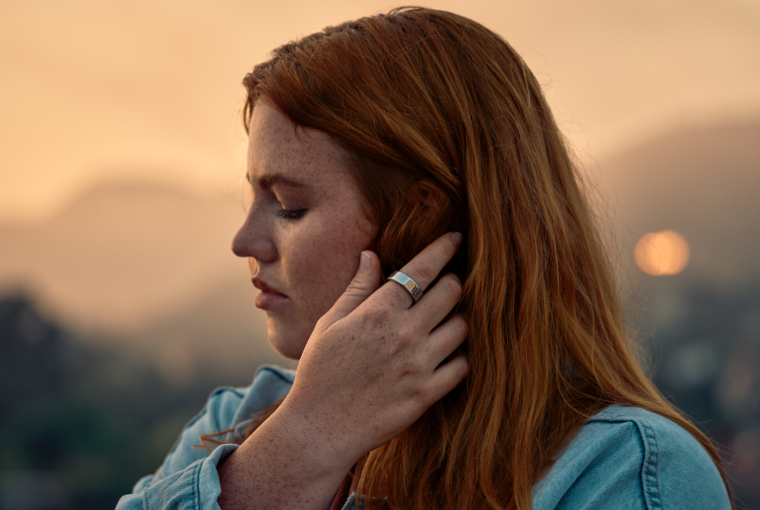In a study of 26 women of reproductive age with regular ovulatory cycles, researchers from SRI International used the Oura Ring to study how cycle-related hormonal fluctuations might impact women’s physiology and daily lives.
Check out the full paper in the International Journal of Women’s Health, or read the key findings below:
- The temperature trend of Oura Ring may be sensitive enough to detect key temperature changes around ovulation.
- Sleep patterns remained relatively stable across the menstrual cycle, while temperature and heart rate significantly increased in the luteal phase (the second half of the menstrual cycle, closer to menstruation).
“The Oura Ring is an ally for scientists. It is helping us to understand how physiological changes vary across the menstrual cycle. This is particularly important when we are studying how these changes happen for women with different reproductive statuses, like approaching menopause.”
– Lead author, Dr. Elisabet Alzueta
Meet the Researcher

Dr. Elisabet Alzueta, the study’s lead author and a postdoctoral researcher at SRI International, shares the impact of this research:
“Our lab is working hard to uncover the best tools for studying how women’s physiology and sleep quality change throughout their menstrual cycles and what can be done to help.
When the pandemic hit, we had to pivot our entire research grant because our participants couldn’t come into the sleep lab to run tests – we needed a remote solution. Oura Ring ended up being perfect for us because it not only tracks sleep but it measures all of the other physiological features that we wanted to track. Now, we could measure changes daily and across the entire cycle by having participants wear the ring every night rather than having them come into the sleep lab where we can only sample a night or two in the follicular phase and a night or two in the luteal phase.”
You can follow Dr. Alzueta and her team’s work on their lab webpage. Their lab is led by Dr. Fiona Baker (Lab Director) & Dr. Massimiliano de Zambotti (Lead of the Translational Sleep Technology Unit) and specializes in women’s health and rigorous validations of wearable devices, including Oura. You can read their research directly on SRI’s webpage.




